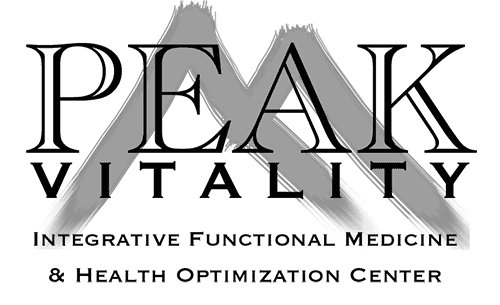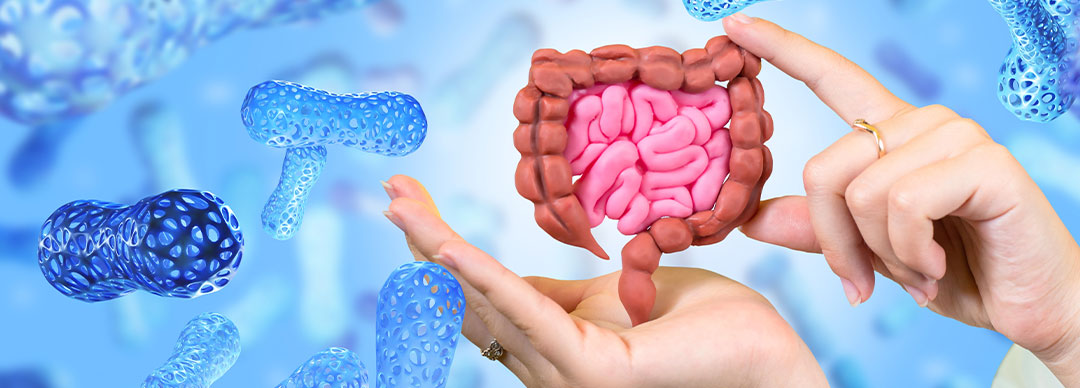
So, what can you do? The first step is to diversify your diet while eating as clean as possible to minimize the burden on your body. Life is challenging enough without adding unnecessary strain. Aim to consume whole foods, avoiding those laden with chemicals like pesticides, antibiotics, and hormones. Eating clean means reducing chemical intake by choosing natural foods in their natural form and avoiding preservatives.
Next, and perhaps most importantly, ensure you get plenty of different sources of fiber. This involves eating a wide variety of fruits and vegetables, especially those in season and of different colors. The diverse fiber types and polyphenols found in these foods feed specific species of gut bacteria, promoting a healthy and balanced gut microbiome.
Incorporating these simple dietary changes can significantly improve your gut health. Hope that helps. Talk to you soon.

